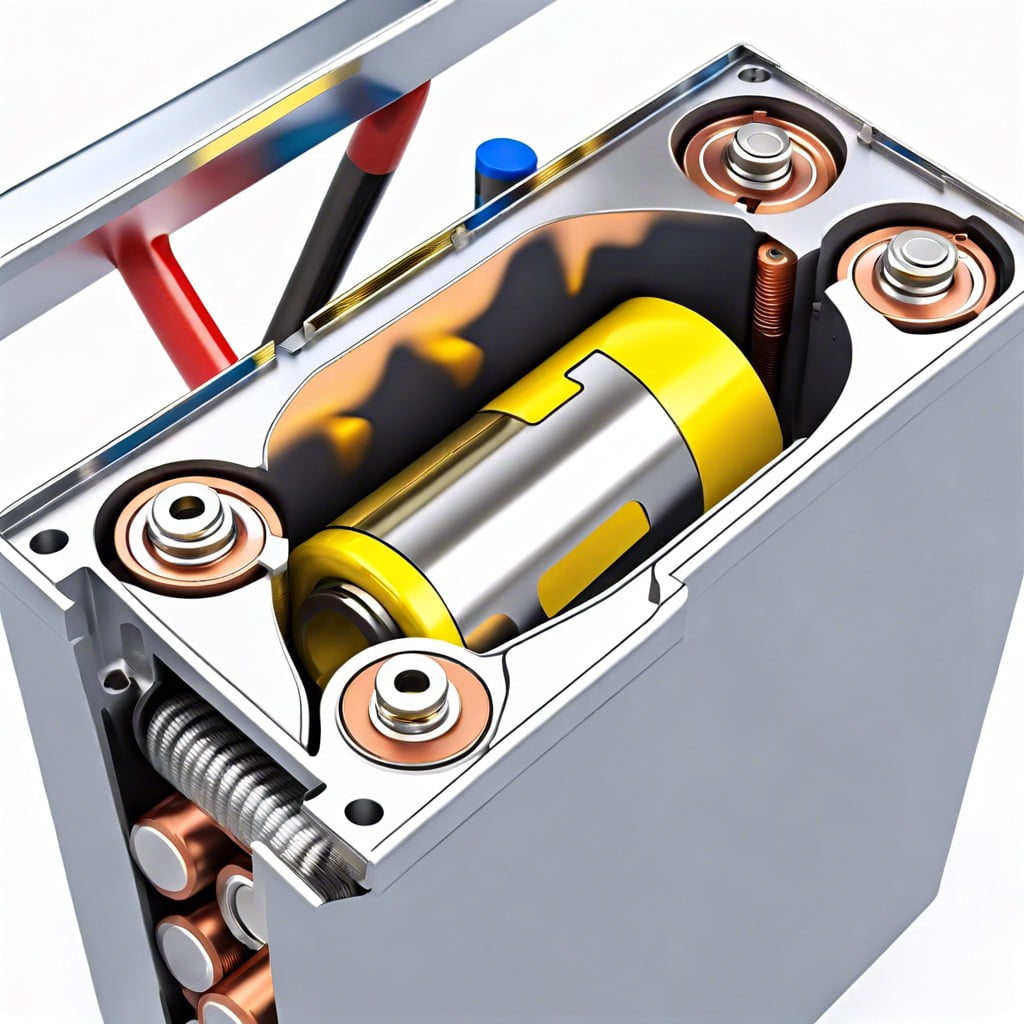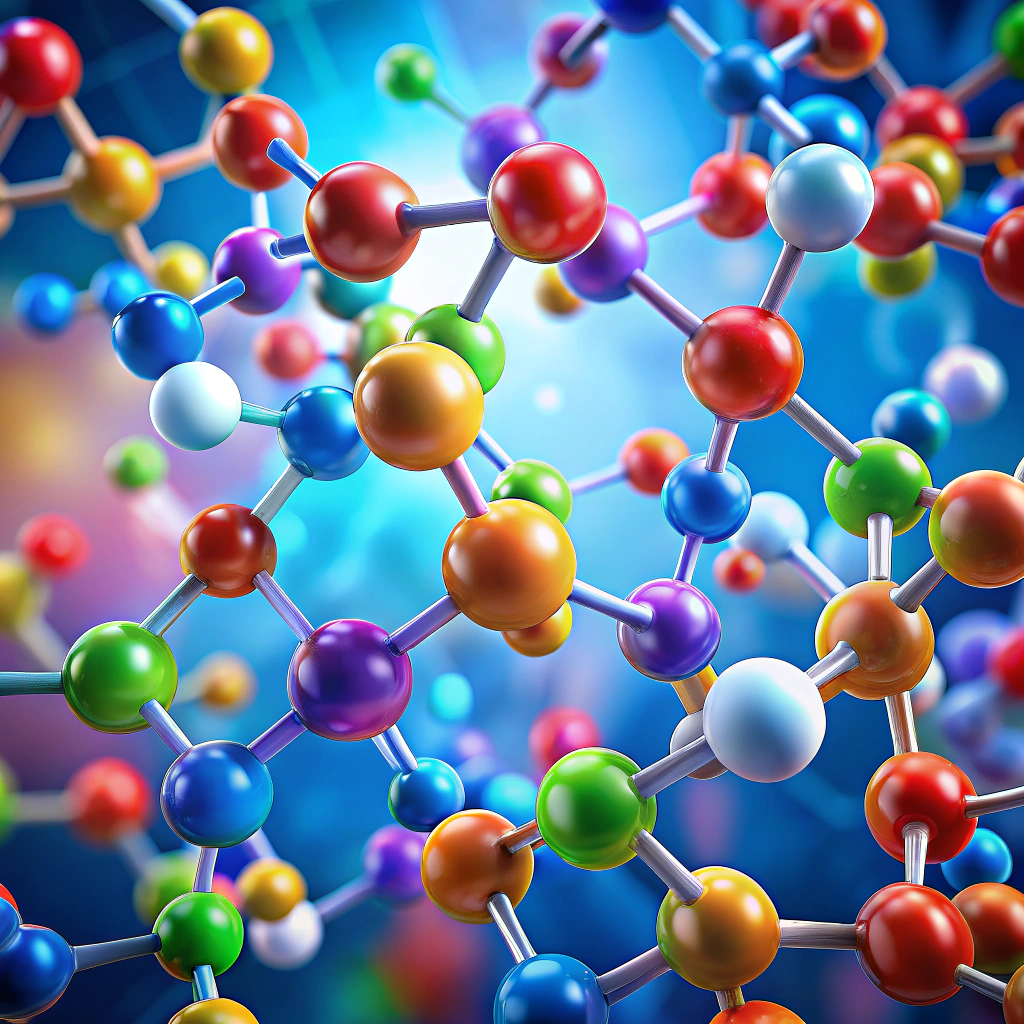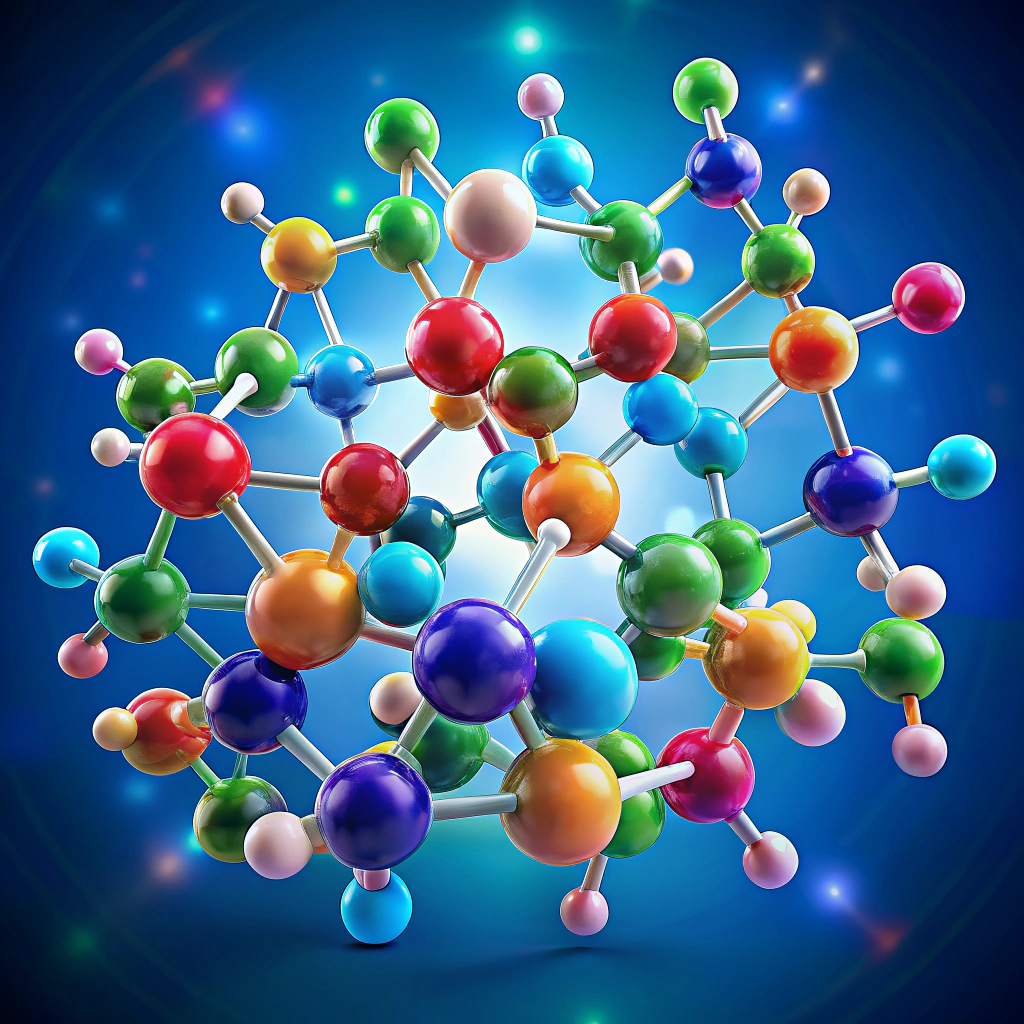This article compares lithium-ion and lithium-polymer batteries, outlining their differences, advantages, disadvantages, and specific uses in everyday applications.
Key takeaways:
- Li-ion: liquid electrolyte, high energy density, numerous recharge cycles.
- LiPo: solid/gel-like electrolyte, flexible design, custom-shaped devices.
- Li-ion: higher energy density, longer usage time; LiPo: potentially larger capacities.
- Li-ion: safety mechanisms, prone to overheating; LiPo: stable, less likely to experience thermal runaway.
- Li-ion: lower cost, established manufacturing; LiPo: more expensive, customizable design.
What Is a Lithium-ion Battery?

Lithium-ion batteries, often found in electronics like smartphones and laptops, harness lithium ions’ movement between electrodes during charge and discharge cycles.
Their liquid electrolyte enables ion flow, contributing to their high energy density and performance.
With the capability for numerous recharge cycles, they offer a practical power source for a wide range of applications, from portable gadgets to electric vehicles.
ritis.
What Is a Lithium-polymer Battery?
Lithium-polymer batteries, often abbreviated as LiPo, distinguish themselves from their lithium-ion counterparts through the use of a solid or gel-like electrolyte instead of a liquid one. This polymer electrolyte not only gives the battery its name but also contributes to its flexibility in shape and design, making LiPo batteries ideal for sleek and custom-shaped devices.
Their construction allows for thinner, lightweight, and even potentially pliable battery designs that can be tailored to a wide range of electronics. While they share core lithium-based technology with lithium-ion batteries, the physical differences in electrolyte material mark a notable divergence in battery engineering and potential applications.
LiPo batteries are commonly found in applications where form factor is critical, such as smartphones, drones, and remote-controlled gadgets.
Energy Density and Capacity
Energy density measures how much power a battery can store relative to its size, often expressed in watt-hours per kilogram (Wh/kg). Lithium-ion batteries typically offer higher energy density, which can translate to longer usage time between charges for your electronic devices.
Capacity, measured in milliampere-hours (mAh), indicates the amount of electricity a battery can deliver over time. Batteries with higher capacities can run a device longer on a single charge. Lithium-polymer batteries can be made in custom shapes and sizes, allowing for flexible design options and potentially larger capacities in the space available within a device.
Comparing these two, while lithium-ion might provide more energy per unit weight, lithium-polymer’s versatile design can maximize capacity for the given space, making the most out of every inch of your device.
Safety and Stability
Lithium-ion batteries, while popular, have a reputation for being more vulnerable to issues like overheating, which can lead to thermal runaway and, in rare cases, combustion. To mitigate this risk, they’re equipped with safety mechanisms such as vents and protective circuits.
In contrast, lithium-polymer batteries are constructed with a gel-like electrolyte that is less prone to leakage. Their flexible, sturdy aluminum casing not only minimizes the chance of puncture but also allows for a variety of shapes and sizes, adding to their stability. This inherent stability makes them less likely to experience thermal runaway, rendering them a safer choice in sensitive applications. However, it is essential to note that no battery is entirely free from safety hazards, and proper handling and usage are crucial for any battery type.
Cost Comparison
When comparing costs, lithium-ion batteries generally come with a lower price tag. The reason is that they’ve been around longer, leading to more established and cost-efficient manufacturing processes.
On the other hand, lithium polymer batteries tend to be more expensive due to the complexity of their design and construction; however, they offer customization benefits that can justify the cost for specific applications.
It’s also essential to note that prices can fluctuate based on the scale of production and advancements in technology which may eventually bring down costs.
Something to keep in mind is that while upfront costs are important, considering the lifespan and performance of the battery is crucial for a complete cost assessment.
FAQ
Which is better lithium polymer or ion?
Lithium-ion batteries are more effective and prevalent than lithium-polymer batteries due to their higher power levels, making them suitable for massive usages.
Can I replace lithium polymer with lithium ion battery?
Yes, you can replace a lithium polymer battery with a lithium ion battery, taking into consideration that while the voltage matches, the charging time may increase due to a larger capacity.
Do lithium-polymer batteries last longer?
Yes, lithium-polymer batteries typically last for about 300 to 500 charge cycles before their capacity significantly decreases.
Can you use a lithium ion charger on lithium polymer?
Yes, you can use a lithium-ion charger on a lithium polymer battery, providing that the charger’s voltage and current output aligns perfectly with the battery’s specifications, in order to prevent overcharging and potential damage or fire risks.
How do disposal methods differ between lithium polymer and lithium ion batteries?
Disposal methods for lithium polymer batteries typically involve a professional recycling center due to their flammability, while lithium-ion batteries can be recycled at a local recycling facility and need to be fully discharged before disposal.
What are the safety considerations when comparing lithium ion to lithium polymer batteries?
Safety considerations when comparing lithium-ion to lithium-polymer batteries encompass aspects such as lithium-ion batteries having higher energy densities, longer lifespans, and a risk of overheating, while lithium-polymer batteries are generally more stable but can also be punctured or damaged, leading to potential leakage of the electrolyte.
Which between lithium polymer and lithium ion batteries has a higher energy density?
Lithium-ion batteries typically have a higher energy density than lithium polymer batteries.
Recap




